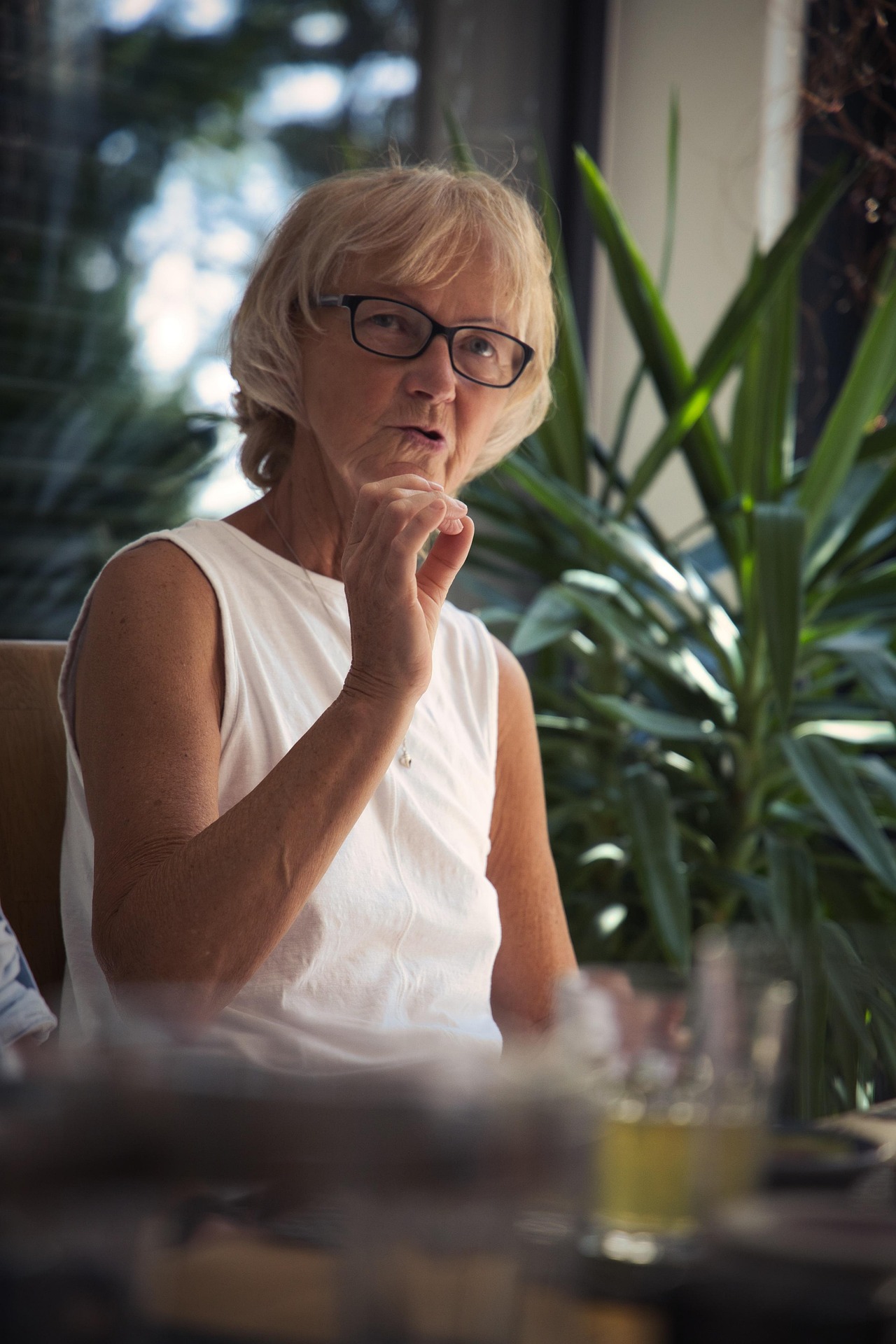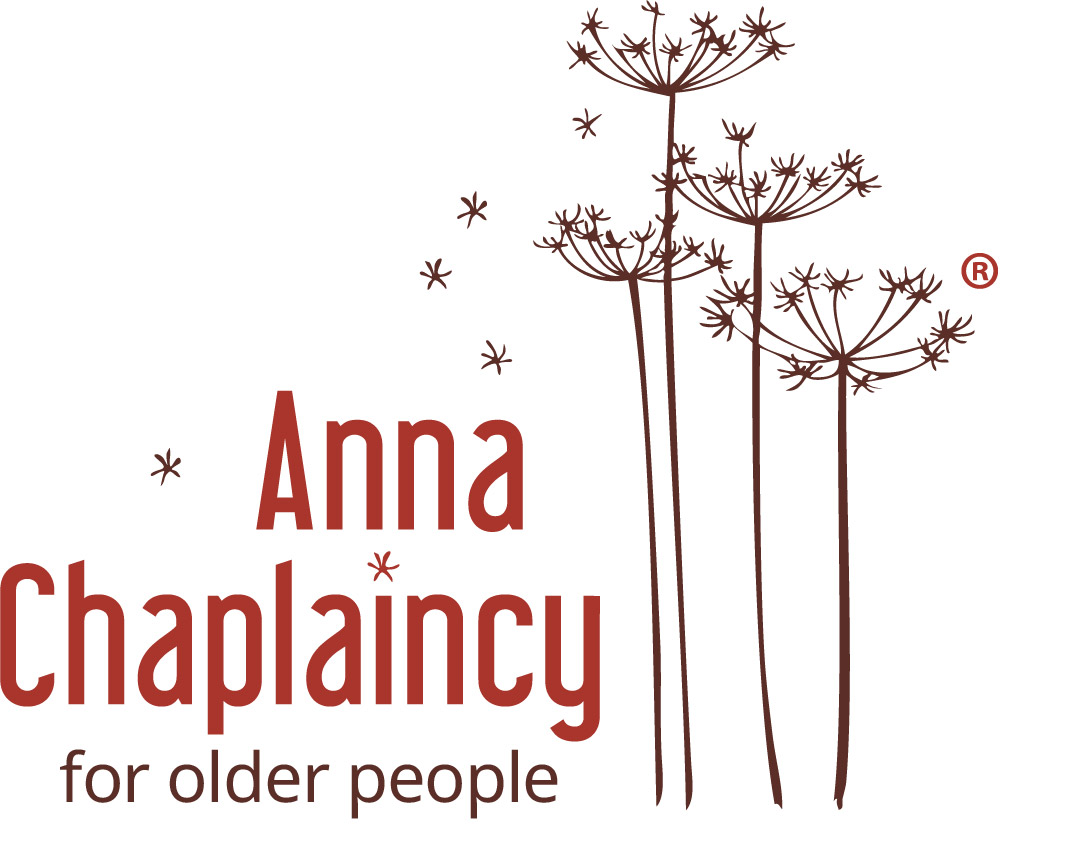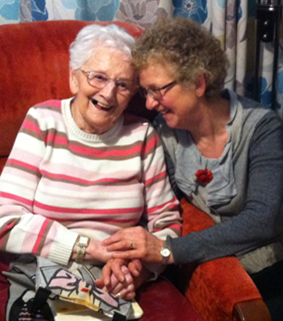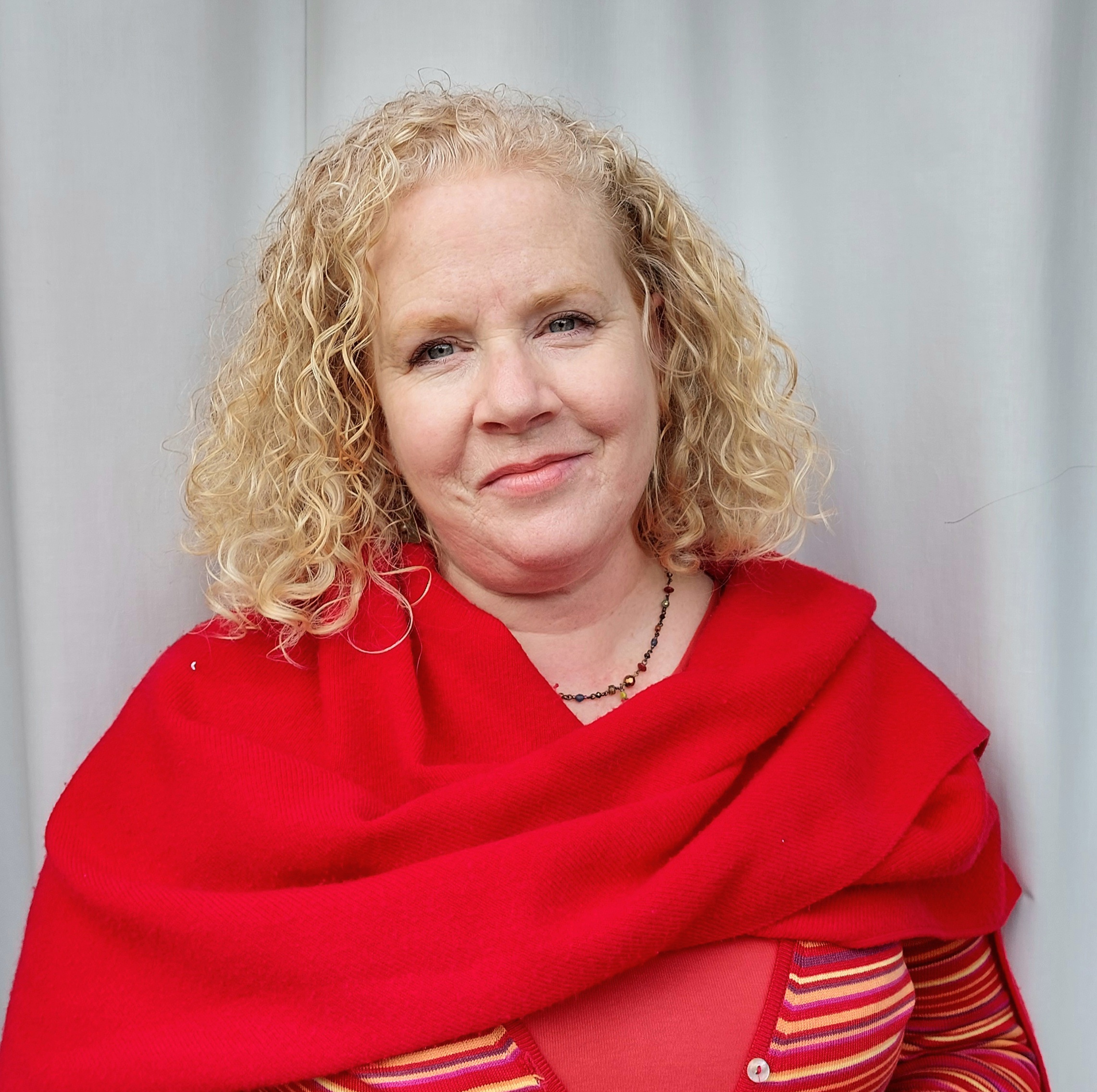Leadership and the art of collaboration and persuasion

How our leadership approach effects and impacts our mission and ministry
This important Briefing explores:
- The importance of leadership and the impact of strategies that rely on collaboration and persuasion leadership at the Deanery and parish level in the Church of England
- The key traits of effective collaboration and persuasive leadership
- How leadership plays a critical role in engaging with and inspiring our communities.
- The part it plays in the influencing the success of our mission and ministry.
Ven Peter Farley-Moore looks at the impact of leadership at the local level and reveals how local leaders can use strategies that rely on collaboration and persuasion to connect traditional practices with modern needs.
More Details here: Deanery Briefing: Leadership and the art of collaboration and persuasion












